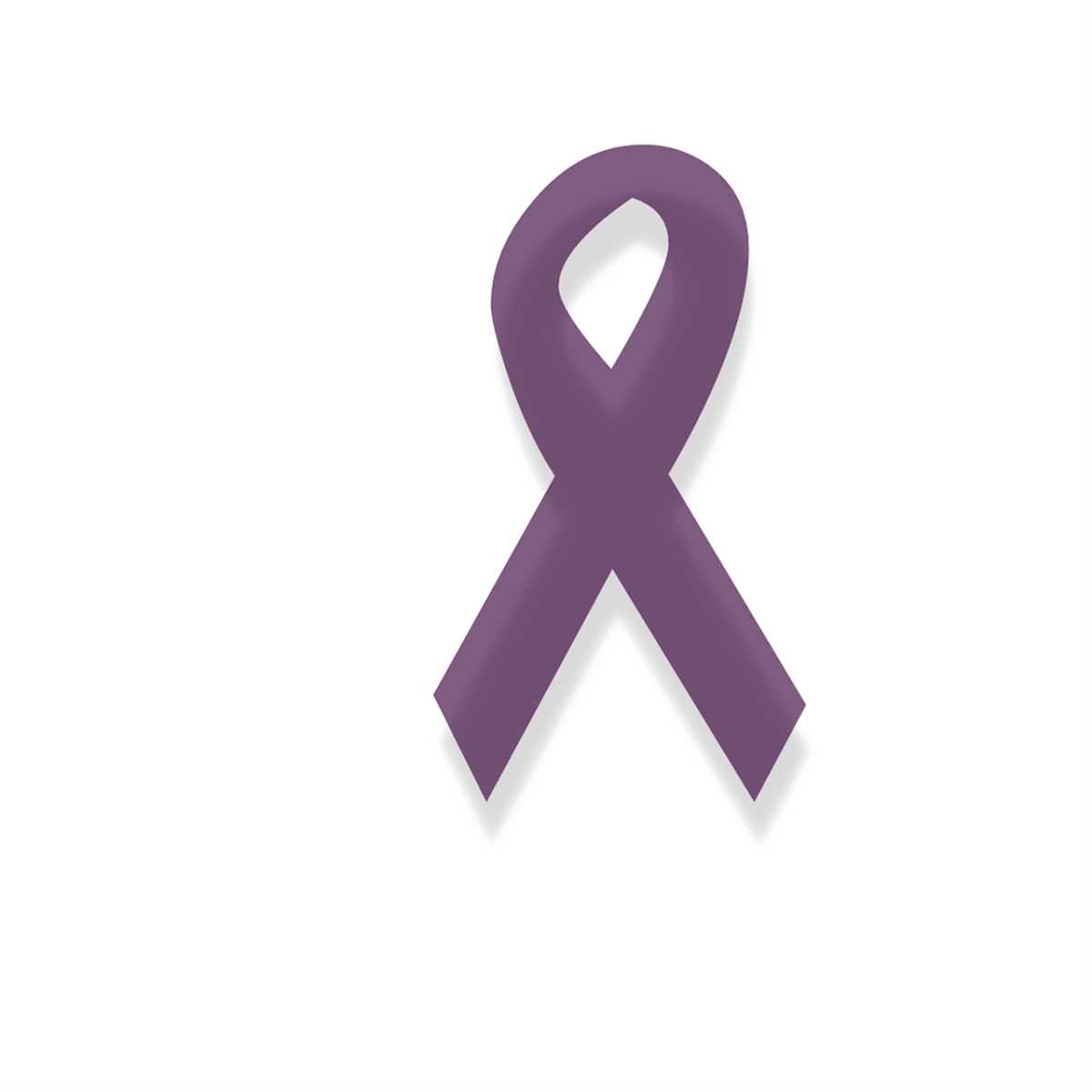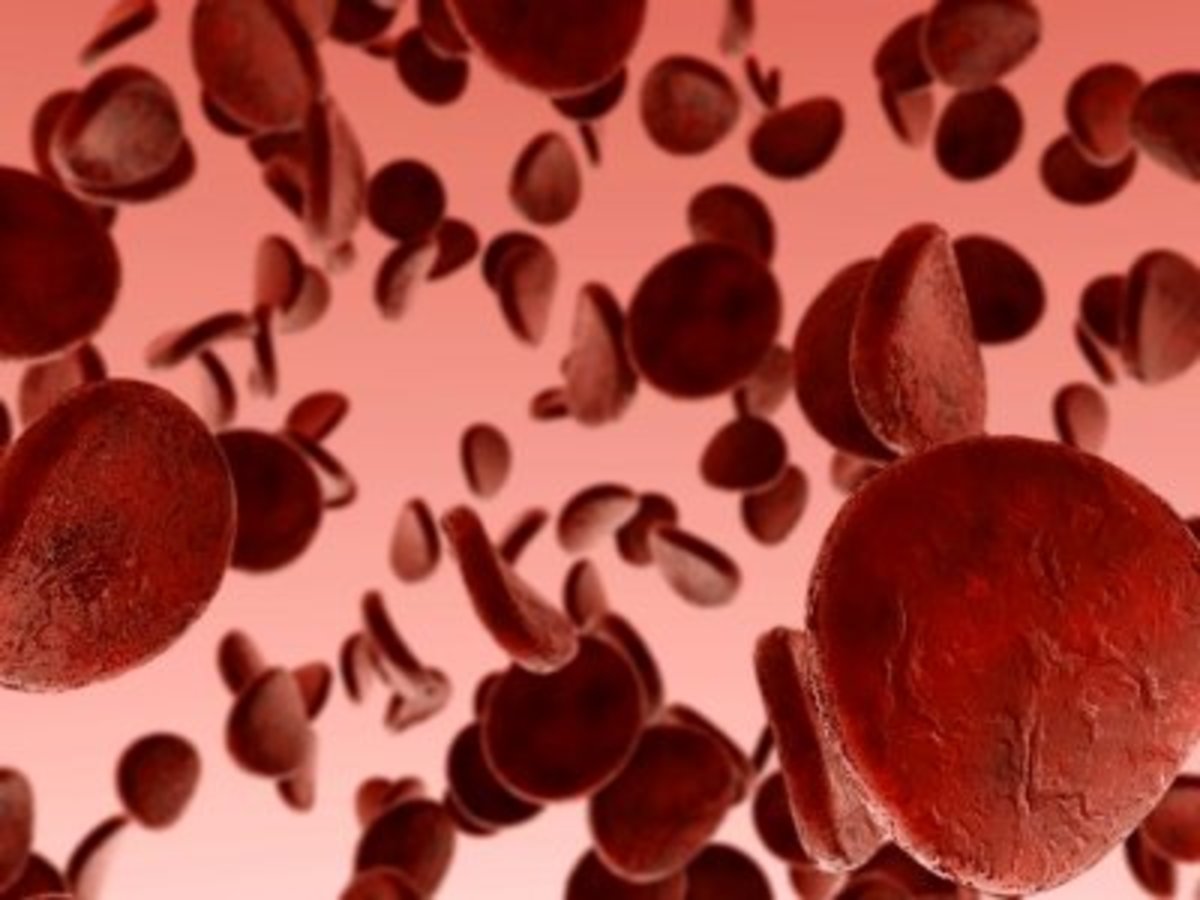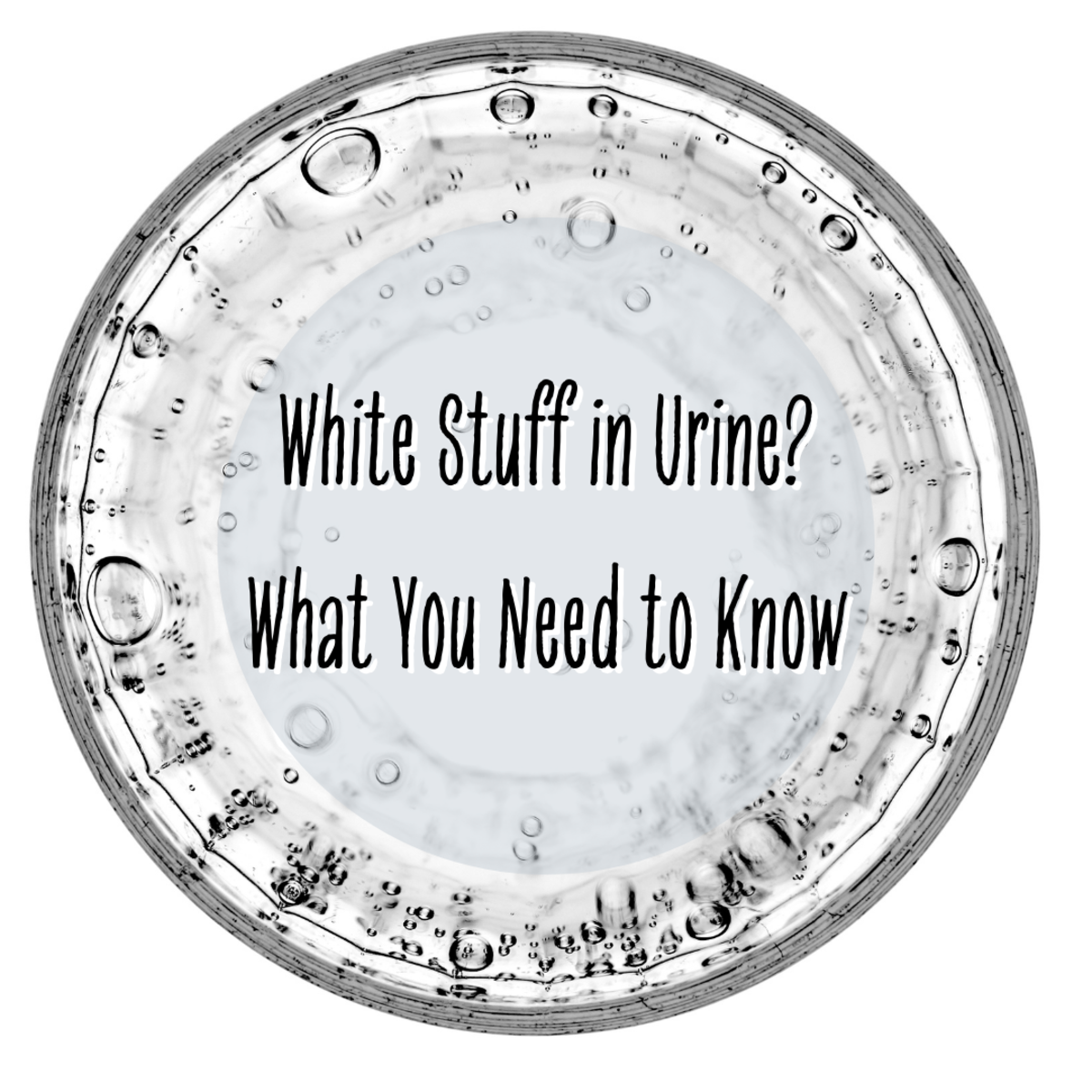Do People With Certain Blood Type Have Worse COVID-19 Symptoms?
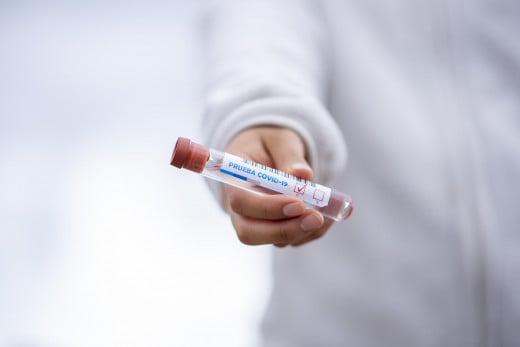
Introduction to the article -
Some speculation has been brewing about the connection between blood type and COVID 19.
Symptom severity tiffany, a writer healthcare triage decided to pull the research because a doctor told her grandma that certain blood types may be less likely to experience severe symptoms.
If infected was that doctor right that's the topic of this week's healthcare triage, so what does your blood type have to do with the new COVID 19?
Information
Well, anagens are a protein on red blood cells, which is a critical component of the immune response. They also determine which blood type you are.
We know that a person's blood group can affect their susceptibility to certain infections and we have some evidence that, this is true for SARS, “the coronavirus we saw back in 2003”. So it makes sense that researchers wanted to investigate the question for the current coronavirus as with many of our questions.
Blood Groups Research
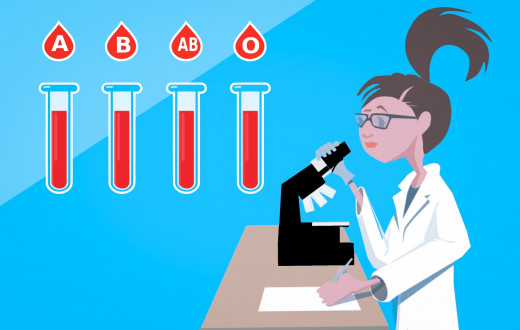
At this point in the pandemic, it's too early to know many things for sure, but we rounded up a handful of papers to find the best answer we could with the currently available evidence.
We'll start with a couple of pre-print papers remember that pre-prints have yet to beeper-reviewed or published something good to keep in mind as you consider the data the first.
Examine the distribution of blood types in over 2100 patients diagnosed with COVID19 and compared them to a group of non-infected controls. Blood type aid distribution was higher among infected versus non-infected people.
While blood type “O” was lower and the same was true when blood type distribution was examined among those, who would succumb to the disease.
The second examining over 1500 COVID19 patients reported the same blood type distributions but also reported that only RH positive individuals were significantly affected. It's worth noting that RH negative blood types are rare. So, this could skew the data. They also examined clinical outcomes and reported a strong connection between blood type and intubation or death.
Corona Virus Pandemic

Research
And now moving on to published studies
we see a somewhat similar story one published in April examined. Just 186 individuals with confirmed COVID19 infections and found that, type "A" blood groups were much more prevalent.
And type “O” much less prevalent among COVID 19 patients. When compared to healthy controls with no significant effects on clinical outcomes, another recent publication examining 187 COVID19 patients.
Similarly, found a higher proportion of type “A” and lower proportion of type "O". When compared to healthy controls unlike the previous study, however, they do report some associations with clinical outcomes over.
The Blood type research
With no significant effects on clinical outcomes, another recent publication examining 187 COVID 19 patients. Similarly found a higher proportion of type “A” and lower proportion of type “B” when compared to healthy controls, unlike the previous study.
However, they do report some associations with clinical outcomes over 85 percent of patients with type reported fever. 76 of patients with type “B”, 54 with type “O” and 57 with type “A”, The cough was also highest among those with type “A”.
At just over 71 percent through, this was also true for type “A” type “B” and “O” reported coughing at around 57 and 43 respectively. Both types “A” and type “O” were more likely to present with fatigue. And type “A” was most likely to experience difficulty breathing in complete contrast.
The third study conducted at the Massachusetts general hospital. Found that blood types “B” and “A” not type were associated with higher odds of testing positive.
Blood Types
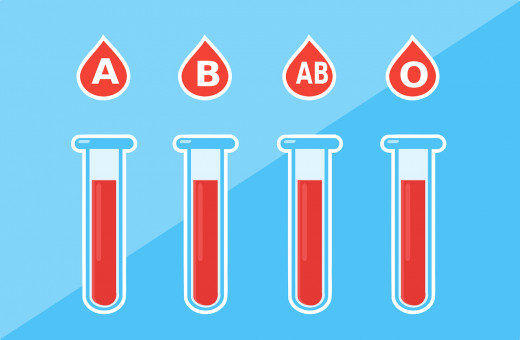
Though like the previous studies, they also reported that, type “O” was associated with lower risk “in terms of clinical outcomes”.
They found no association between blood type and risk of intubation or death. And last but not least recently published “genome-wide association study” found, gene variants in two locations on the human genome associated with COVID-19 disease severity with one of those areas.
Also containing genes responsible for determining blood type. Blood group analysis confirmed the majority of other reports among patients with COVID 19 and varying degrees of respiratory failure.
The proportion of type “A” was higher and the proportion of type “O” was lower when compared to controls. So, what does all this means?
Although it's hard to say at this point. The majority of the data seem to suggest that, blood type could be related to susceptibility, but is less likely to predict symptom severity. The results are mixed and somewhat contradictory, which is not unexpected early on in a scientific question.
Remember that some of these papers are reprints, all come from different researchers and places. So there's probably some variation in methods and demographics to consider.
Research Lab

Closure
And many have not controlled for critical factors in the rush to provide needed data, for example, the genome-wide association study did not adjust for contributing cardiovascular and metabolic factors, and there are other considerations like the 34 recognized human blood group systems with the difference in antigen expression between them suggesting that examination of blood type subgroups may be important to the story.
At this point, this is interesting information. But, likely shouldn't change the way you conduct yourself. If you have one blood type versus another type “A” shouldn't panic and type “O” should still practice social distancing.

